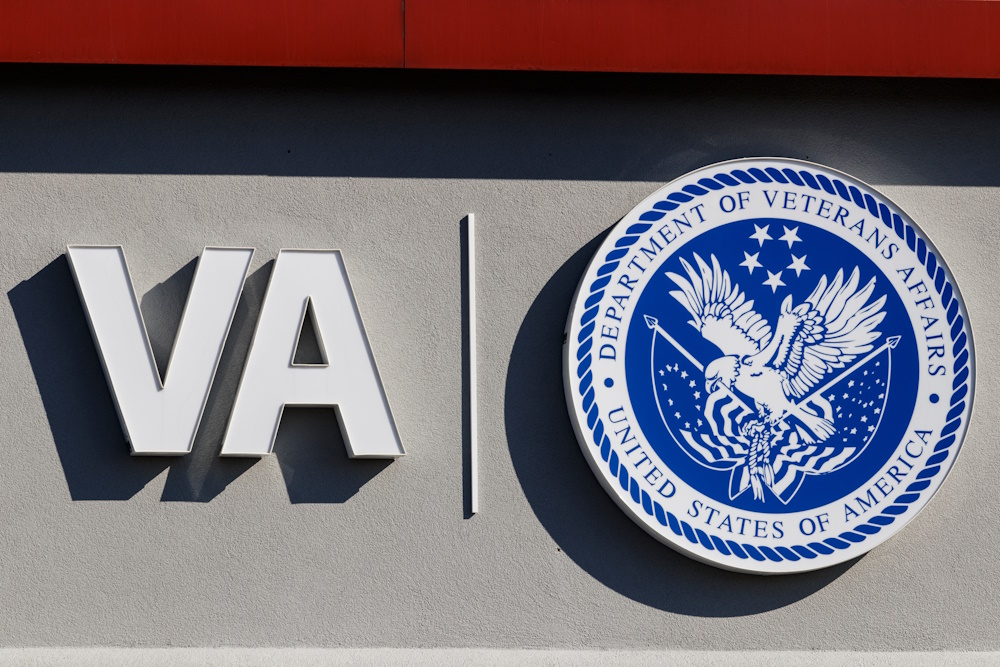Definition
A collection agency, in military operations, refers to an organization responsible for gathering and managing strategic information and intelligence. These agencies collect data from various sources, including human intelligence (HUMINT), signals intelligence (SIGINT), and imagery intelligence (IMINT), among others. The gathered data is then analyzed and used to support military operations, decision-making, and threat assessments.
Key Takeaways
- A collection agency, in military operations, refers to an organization responsible for gathering information or intelligence from various sources to support decision-making processes and situational awareness.
- These agencies can employ a range of methods to collect data, such as human intelligence (HUMINT), signals intelligence (SIGINT), geospatial intelligence (GEOINT), and imagery intelligence (IMINT), providing critical information to support military commanders and other key stakeholders.
- Collection agencies must coordinate and synchronize their efforts with the operational and tactical objectives of the military, ensuring that the collected intelligence is accurate, timely, and relevant to the mission at hand.
Importance
The military operations term “Collection Agency” is important because it refers to a designated group or unit responsible for gathering crucial intelligence information from various sources to support military decision-making processes.
This process ensures that vital data is collected, processed, analyzed, and disseminated to the appropriate authorities, enabling them to make informed decisions and strategize efficiently.
A competent collection agency plays a critical role in enhancing situational awareness, improving tactical and operational planning, and promoting cooperation among different military branches, ultimately contributing to the success and effectiveness of military missions and safeguarding national security interests.
Explanation
A collection agency serves a vital purpose in the military operations spectrum, responsible for gathering and consolidating vital intelligence and information in order to facilitate the planning and execution of missions. This agency plays a crucial role in keeping military and strategic decision-makers well informed, enabling them to assess the evolving nature of conflicts, threats, and potential courses of action.
By aggregating data and information from various sources, such as reconnaissance, signals intelligence, and human intelligence, the collection agency aids in forming a comprehensive situational awareness vital for addressing emerging challenges and adapting to rapidly changing operational environments. In addition to supporting the strategic and tactical planning process, the collection agency also contributes significantly to the overall effectiveness and efficiency of military operations, through the continuous refinement and enhancement of intelligence collection itself.
By methodically analyzing the data acquired, the agency can identify gaps or deficiencies in the intelligence framework, and make adjustments in their collection strategies accordingly. This process of self-improvement helps to optimize the deployment of resources and prioritize mission-critical intelligence gathering.
Ultimately, the collection agency serves as the backbone of an effective military operation, equipping commanders and decision-makers with the most up-to-date and accurate information, ensuring the success of their mission and the protection of their forces.
Examples of Collection agency
A “collection agency” in military operations refers to a unit, group, or organization that is responsible for gathering and analyzing intelligence information. Here are three real-world examples of such agencies within different countries’ military or defense sectors:
The United States – National Security Agency (NSA): The NSA is a crucial component of the U.S. Department of Defense, and it primarily focuses on monitoring, collecting, and processing information and data for foreign intelligence and counterintelligence purposes. With an extensive global reach, the NSA plays an essential role in protecting the nation and its interests by gathering data on potential threats and ensuring that the intelligence is passed on to relevant policymakers and military decision-makers.
United Kingdom – Government Communications Headquarters (GCHQ): GCHQ serves as a collection agency for the British Armed Forces and the wider UK government. It is responsible for providing signals intelligence (SIGINT) and information assurance to support military operations, national security objectives, and the prevention of cyber threats. Like its U.S. counterpart, the NSA, the GCHQ focuses on the collection and analysis of electronic communications and data to help ensure the protection of the United Kingdom and its interests.
Russia – Main Intelligence Directorate (GRU): The GRU is a key military collection agency for the Russian Federation, overseeing foreign intelligence and counterintelligence activities. While they focus primarily on political and strategic intelligence, they are also involved in electronic warfare and code-breaking. The GRU is responsible for gathering valuable information from a variety of sources, including foreign governments, non-state actors, and various types of communications.
FAQ – Collection Agency
What is a collection agency?
A collection agency is a company that specializes in collecting debt on behalf of various businesses and creditors. They typically work on a commission basis, receiving a percentage of the money they recover from debtors.
How do collection agencies work?
Collection agencies work by acquiring the right to collect debts from the original creditor or by purchasing the debt for a fraction of its value. They then employ various collection tactics to recover the money from the debtor. This may include sending letters, making phone calls, or reporting the unpaid debt to credit bureaus.
What are the legal boundaries for collection agencies?
Collection agencies are regulated by both federal and state laws. These regulations stipulate what actions the agency can take, when and how they can contact the debtor, and what information they must provide to the debtor. For example, the Fair Debt Collection Practices Act (FDCPA) sets guidelines to ensure collection agencies treat debtors fairly and do not use harassing or deceptive tactics.
Can collection agencies garnish my wages?
Yes, under certain circumstances, collection agencies can garnish your wages to recover an unpaid debt. However, they must first obtain a court order granting them permission to do so. Wage garnishment laws vary by state, so it’s important to know your rights and consult with an attorney if you’re facing a garnishment.
How can I negotiate with a collection agency?
If you’re unable to pay the full amount owed, you may be able to negotiate a settlement or payment plan with the collection agency. Start by contacting the agency and explaining your financial situation. Be prepared to provide proof of your circumstances, such as a recent paystub or bank statement. Keep in mind that settlement offers typically require a lump-sum payment, while payment plans involve making smaller payments over a more extended period.
Related Military Operation Terms
- Debt recovery
- Credit reporting
- Payment plan negotiation
- Asset seizure
- Legal enforcement
Sources for More Information
- CIA (Central Intelligence Agency)
- NSA (National Security Agency)
- DIA (Defense Intelligence Agency)
- FBI (Federal Bureau of Investigation)
 Benefits.com Advisors
Benefits.com Advisors
With expertise spanning local, state, and federal benefit programs, our team is dedicated to guiding individuals towards the perfect program tailored to their unique circumstances.
Rise to the top with Peak Benefits!
Join our Peak Benefits Newsletter for the latest news, resources, and offers on all things government benefits.


















